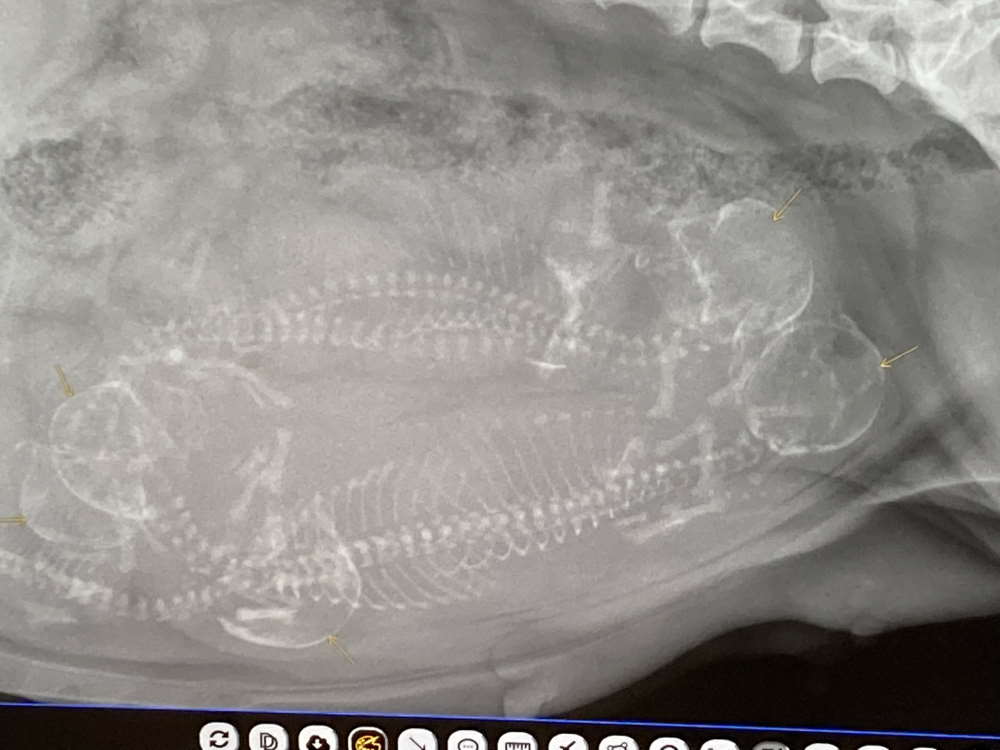Miracle Shih Tzu:
Everything You Need to Know About the Shih Tzu — From Puppies to Lifetime Care
Welcome to Miracle Shih Tzu, a trusted resource for people who love the Shih Tzu breed and want clear, experience-based guidance they can rely on. Whether you’re thinking about bringing a Shih Tzu home, raising a puppy, caring for an adult dog, or learning about responsible breeding, you’ll find practical, well-researched information here.
I’m Janice Jones, a former veterinary technician who has lived with and bred Shih Tzus for over four decades. This site brings together real-world experience, evidence-based knowledge, and a deep understanding of the breed to help you make informed, confident decisions at every stage of your Shih Tzu’s life.
Not sure where to start? You don’t need to read everything at once — simply choose the section below that matches what you’re looking for right now.
I Want to Learn About the Shih Tzu Breed
Learn what makes the Shih Tzu a truly unique breed — from appearance and personality to history, standards, and common misconceptions. Start here for a clear, accurate foundation.
I Want to Learn How to Care for a Shih Tzu
Caring for a Shih Tzu goes far beyond cuddles and cute faces. Learn how to meet your dog’s daily needs — from feeding and grooming to training, health, and behavior — with clear, practical guidance you can trust.
I Want to Know More About Puppies
Bringing home a Shih Tzu puppy is exciting, but it also comes with important responsibilities. Learn how to support healthy growth, early training, and confident development during your puppy’s first months and beyond.
I Want to Learn About Responsible Shih Tzu Breeding
Responsible Shih Tzu breeding requires far more than pairing two dogs. Learn what ethical breeding truly involves — including health, preparation, genetics, and lifelong responsibility — before taking the next step.
Thanks for stopping by — I hope you and your Shih Tzu find exactly what you need here.

Hi, I’m Janice Jones. I’ve been living with and breeding Shih Tzus since 1979 and am a former veterinary technician with over four decades of hands-on experience with the breed. Through Miracle Shih Tzu, I share practical, evidence-based guidance to help owners give their Shih Tzus the happiest, healthiest life possible.
Learn more about my background and experience → About Me
Please Note Terms and Conditions of Use of this Site
The data on this website is for informational purposes only, and does not constitute professional advice or even purport to amount to opinion. Since every veterinary issue is different, suitable professional services should be consulted to advise on and resolve specific matters. The information on this website is made available as guides only and you use them at your risk.
This means that you accept that www.miracleshihtzu.com and the webmasters will not be liable in any respect concerning wording of advice or their interpretation, or any disputes which may arise from their use.
Please review our Disclaimer for more information.
We also hereby confirm, as stated on our Privacy Policy page that we do not sell personal information.
Does This Site Deserve Your Thumbs Up?
"Hi, I'm Janice Jones, a former veterinary technician and Shih Tzu expert with over 40 years of experience with the breed. Through Miracle Shih Tzu, I combine my medical background and extensive breed knowledge to provide reliable, practical advice for Shih Tzu owners. My mission is to help you give your Shih Tzu the happiest, healthiest life possible through evidence-based information and real-world solutions. Whether you're new to the breed or a seasoned owner, you'll find trusted guidance here for all aspects of Shih Tzu care.
I hold an undergraduate degree in Psychology with a minor in biology, Early Childhood Education, and Nursing, and a Master's in Mental Health Counseling.
























